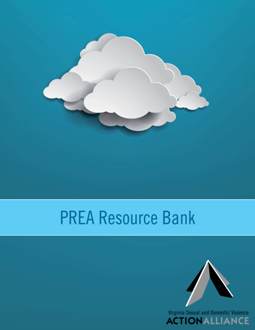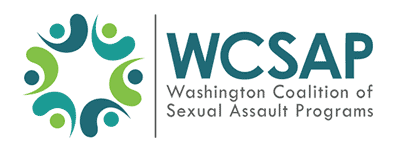Resources Library: Multidisciplinary
Start a Search:
Power and Control Wheel: People with Disabilities and Their Care-givers
"Caregivers are called different things in different contexts. Caregivers, aides, personal assistants, attendants, staff, etc. Sometimes they also have more specific titles like LNA for Licensed Nursing Assistant. Regardless of how any of these terms are used outside of the disability world, every single one of them, in the context of disability, refers to someone with incredible amounts of power over disabled people."
The Power and Control Wheel is a tool that helps explain the different ways an abusive partner can use power and control to manipulate a relationship. This wheel, produced and distributed by the National Center on Domestic and Sexual Violence, highlights the ways in which caregivers can exert control over those in their care.
PREA Webinars

This is not your typical PREA training. This webinar offers an exciting look into PREA opportunities. Hear how Virginia Sexual and Domestic Violence Agencies are successfully providing training and education as well as services. Enjoy discussions about dismantling the stigma around providing services to people who are incarcerated. Learn about tools and resources to build your organization's capacity to both train people in your community and expand your services.
Opportunities for Providers & Dismantling Stigma Part 1
Opportunities for Providers & Dismantling Stigma Part 2
Pregnancy Associated Deaths in Virginia: New Report
"Ten Year Trends in Pregnancy-Associated Death in Virginia" is a new report using data from the Virginia Pregnancy-Associated Mortality Surveillance System. The full report can be found here.
Pregnant and Parenting Survivors

The Washington Coalition of Sexual Assault Programs (WCSP) provides discipline specific information for advocates working with pregnant and parenting survivors. This resource from the WCSP not only provides practice guidelines and examples, but also specific facts related to reproductive and sexual coercion experienced by many survivors. Additionaly, the WCSP site provides information on the specific needs of survivors during pregnancy and post-delivery.
http://www.wcsap.org/pregnant-and-parenting-survivors
Preventing Compassion Fatigue: Honoring Thyself

”Every day victim advocates struggle with heart wrenching, painful stories that both fuel our passion for our work and keep us up at night. If we focus on serving others without taking care of ourselves, we are at risk of experiencing secondary traumatic stress disorder, better known as compassion fatigue. This webinar will provide valuable tools to identify the warning signs of compassion fatigue, and will help you develop techniques to replenish your spirit in order to properly honor yourself.”
About the presenter: For more than 20 years, Santa Molina-Marshal has been providing client-focused therapy services, in English and Spanish, for individuals, groups, couples and families. She is a licensed/Certified Integral Yoga Teacher, Massage Therapist, Reiki Master and Interfaith Minister.
To access the webinar and other materials, please click here.

